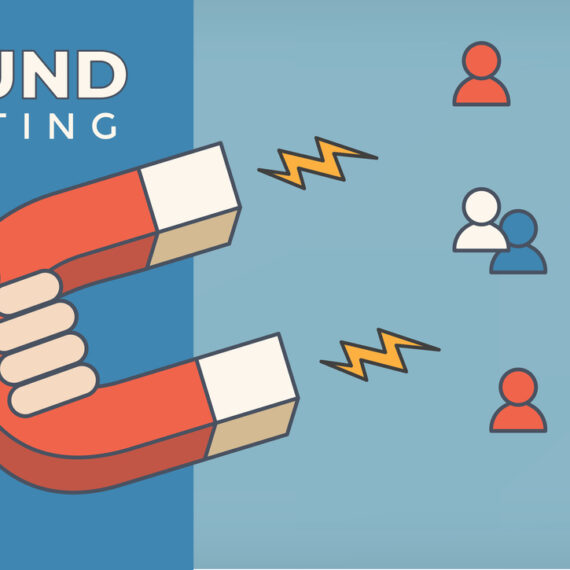To answer the question; what is the Medicare GEP; The Medicare GEP is an opportunity for individuals who missed their initial chance to sign up for Medicare Part A and/or Part B to enroll. It runs from January 1 to March 31 each year. This allows eligible individuals to enroll in Medicare coverage, though late penalties may apply.
Who needs the GEP
The GEP is for individuals who did not sign up for Medicare during their IEP (Initial Enrollment Period) and do not qualify for an SEP (Special Enrollment Period).
When does coverage begin
As of 2023, individuals who enroll in Medicare during the GEP will have their coverage begin the month after they enroll. Prior to 2023, coverage did not begin until July 1, which led to significant delays in accessing benefits.
Late enrollment penalties
Individuals who sign up during the GEP may have to pay an LEP (late enrollment penalty). This can increase monthly Medicare costs:
Part A penalty
For those who must pay a premium for Part A, the monthly premium could increase by 10%. This will be in place for twice the number of years they were eligible but didn’t sign up.
Part B Penalty
The monthly Part B premium will increase by 10% for each full 12-month period the beneficiary was eligible but didn’t enroll. This penalty is permanent and remains in place for as long as they have Part B.
Medicare Advantage, Part D and Supplement enrollment
If an individual enrolls in Medicare during the GEP, they can sign up for a Medicare Advantage (Part C) or a Medicare Part D prescription drug plan at this time. Coverage for these plans begins on the month following the enrollment. Although late enrollment in Part D or Medicare Advantage plans that include prescription drug coverage may include a lifelong penalty.
Medicare supplements can be a little more difficult to get after the individual’s Medigap open enrollment has passed. When this is the case, some states require enrollees to undergo underwriting which can lead to denial or higher premiums.
Avoiding the need for the GEP
Beneficiaries can avoid using the GEP (General Enrollment Period) and getting potential LEPs:
Sign up for Medicare during the Initial Enrollment Period, which starts three months before the 65th birthday and ends three months after.
Those who have employer-sponsored coverage should confirm whether they qualify for a Special Enrollment Period (SEP) when that coverage ends. If they do, be sure to enroll before the SEP ends.
The Medicare GEP is an important opportunity for those who miss their initial chance to enroll in Medicare. However, because of potential late penalties and delays in coverage, it’s best to sign up during the Initial Enrollment Period or a Special Enrollment Period when possible. Understanding enrollment deadlines helps ensure that beneficiaries get the healthcare coverage they need and avoid unnecessary costs.














Leave a Comment